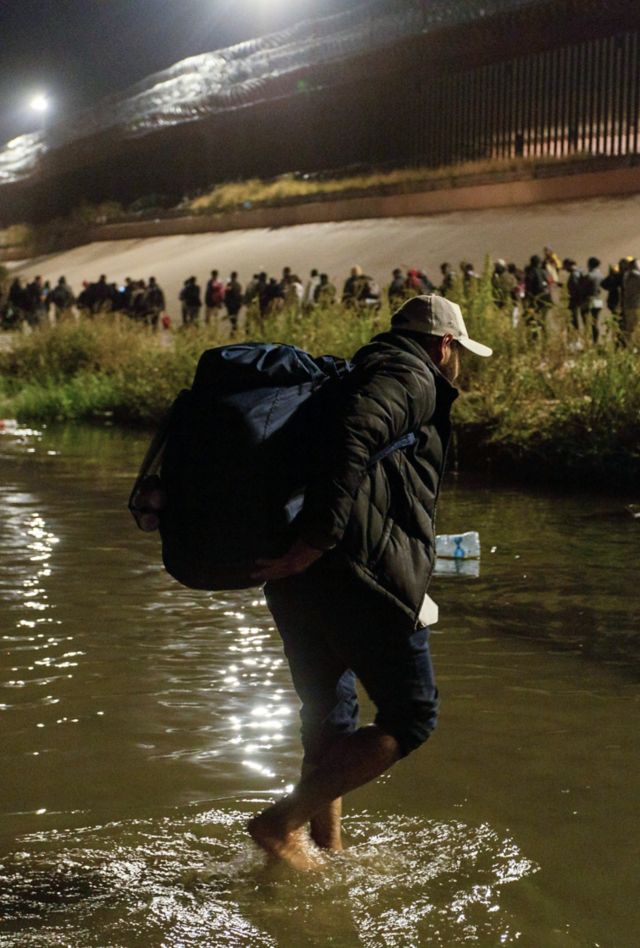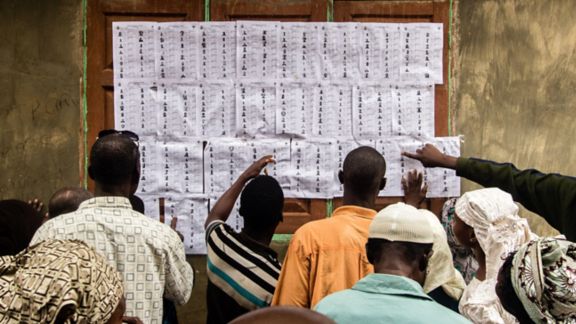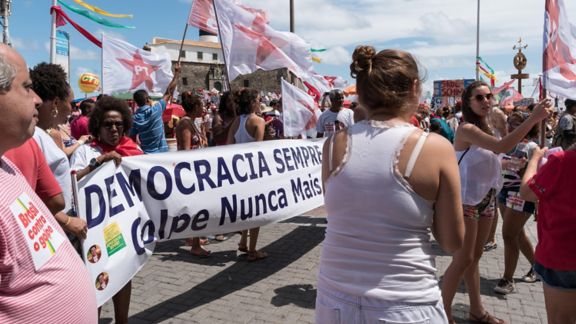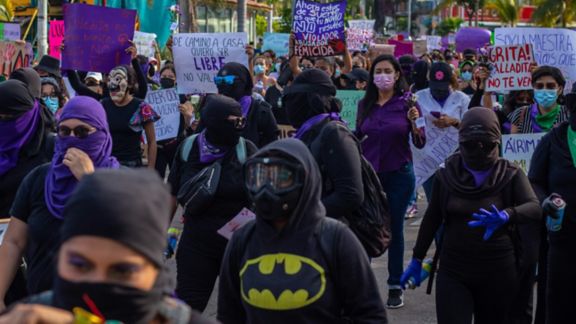Democratic Backsliding and Migration in Latin America & Caribbean

Problem
Addressing migration in Latin America and the Caribbean requires understanding complex root causes.
Democratic erosion undermines political rights and can jeopardize economic development. Recent experience in Central America suggests that it may also contribute to dislocation, causing citizens to flee to neighboring countries. Nonetheless, the relationship between democratic erosion and migration is not well understood.
To develop a stronger evidence base on this topic, NORC conducted research on the connection between democratic backsliding and migration in the Latin America and Caribbean (LAC) region.
Solution
NORC used innovative methods to study the connection between democratic backsliding and migration.
NORC’s mixed-methods research includes quantitative analysis of data from public opinion surveys conducted throughout LAC and cross-border migration data from the U.S. Customs and Border Protection agency. That analysis is complemented by detailed case studies of Nicaragua and El Salvador. We also assessed whether and how social media data from Twitter can be used when other data sources on migration are not available.
NORC’s mixed-methods approach addresses individual data sources and analytical strategies prone to bias, a historical difficulty of studying this topic. Our analytic approach draws on extensive expertise in the democracy, human rights, and governance sector along with substantial experience using advanced quantitative methods and qualitative strategies.
Result
NORC found evidence that democratic backsliding can drive migration when it negatively affects citizens’ livelihoods.
NORC’s analysis shows a conditional relationship between democratic backsliding and migration in LAC. While democratic declines are not uniformly related to migration pressures, backsliding does increase migration when it affects livelihoods through widespread repression or by causing deterioration in other root causes of migration, particularly in economic and security conditions. A case study from Nicaragua shows that a government crackdown on public protests in mid-2018 led to a spike in out-migration.
The findings from this project affirm the importance of investing in strategies that preserve and expand respect for human rights and democratic freedoms as part of a broad, multi-faceted strategy in LAC. Though not all backsliding episodes cause an uptick in migration, regimes that adhere to basic democratic norms and procedures are less likely to engage in the types of backsliding events that do undermine security and prosperity and cause citizens to flee.






